Numerous studies show that a lifetime of healthy eating patterns and healthy lifestyle behaviors allow the brain to develop, grow, function optimally, and age gracefully. Wow! a proverbial “fountain of youth"
Besides a healthy diet, beneficial brain and body lifestyle behavior choices include:
Getting adequate exercise and sleep
Maintaining a healthy weight
Maintaining normal blood glucose levels
Limiting alcohol consumption
Avoiding smoking
Avoiding any chemicals that harm the body
etc, ETC, ETC
What are you waiting for?
Often, people wait to be concerned about eating to maintain their brain’s health and function when they start to see the visible signs of aging BUT, that line of thinking is definitely not the most beneficial.
The CNS (central nervous system) is made up of the brain and spinal cord. The brain is involved in a back-and-forth messaging system that participates in sensory information, automatic body functions, thinking, feeling, and maintenance of the brain’s balance.
The brain is composed of different tissue, such as gray or grey matter (either is correct), neurons (cells that carry messages back-and-forth between the brain and body), unmyelinated axons, capillaries, and glial cells.
Glial cells, aka glia and Greek for glue, serves many important functions within the brain such as learning, memory formation, and possibly genius level. From a nutrition standpoint, I like to view it as part of the “nutrition support system” because it is involved in forming the blood-brain barrier to protect the brain from damage and bringing nutrients, hormones, and glucose, the brain’s favorite energy source, to the neurons.
Interesting side note, slivers of Albert Einstein’s brain were studied, post-mortem, and revealed that it had significantly more glial cells than the average brain, especially in the areas responsible for incorporating and distributing information gathered from other areas of the brain.
Hmmmmm, this information about Einstein’s brain caused me to have a Eureka! moment about a study I recently cited for a program about healthy aging.
In 2016, a University of Illinois study concluded that lutein may “slow age-related declines in cognition.” The study found that healthy 65-75 year old subjects, with higher blood serum levels of lutein, performed better on tests for crystallized intelligence (the ability to use learned knowledge and experience) and that they had thicker grey matter in the brain.
The study results are attributed to the theory that lutein, a plant pigment in leafy green vegetables, cruciferous vegetables, or egg yolks, accumulates in the grey matter of the brain by becoming embedded in the cells. This appears to result in the preservation of cognitive function while the brain ages because lutein’s antioxidant properties stopped the brain cells from being damaged.
In direct contrast to lutein preserving brain cells, the following shows how nutrition and lifestyle choices can negatively affect the brain.
It is believed that a diet high in saturated fat may damage and inflame the brain’s hypothalamus area, which is the area that helps regulate weight.
It is suspected that people with increased levels of LDL (a.k.a. bad cholesterol) along with decreased levels of HDL (a.k.a. good cholesterol) may have a higher risk of developing beta-amyloid proteins in the brain, which are often correlated with Alzheimer’s and dementia.
Brain scans conducted over an eight-year period, showed that the hippocampus (part of the brain involved in learning and memory) in overweight and/or obese adults, aged 60 years and older, showed increased age-related shrinkage. This difference was noticed when their scans were compared to adults 60 years and older that fell within a healthy weight range.
Brain Boosting Nutrients
As far as brain health, both the Mediterranean and MIND (Mediterranean-DASH Diet Intervention for Neurodegenerative Delay) diets have shown, beneficial results that are often attributed to the higher intake of omega-3 fats, fruits, vegetables, whole grains, fish, and, possibly, red wine.
Below, I put together a summary of information about some of the nutrients that play a role in brain health.
To calculate your specific needs for the nutrients listed in the table and any others, you can visit the Interactive DRI (Dietary Reference Intakes). It will even provide you with a pdf of the recommendations, which is very handy:
To calculate your specific needs for the nutrients listed in the table and any others, you can visit the Interactive DRI (Dietary Reference Intakes). It will even provide you with a pdf of the recommendations, which is very handy:
Please keep the following in mind. According to the NIH (National Institutes of Health), some drugs can have a negative impact onB12 status, which can affect brain health. They include: Chloramphenicol (Chloromycetin), Proton Pump Inhibitors (e.g. Prilosec), H2 Receptor Antagonists (e.g. Pepcid), and Metformin.
More information is available at this link. After clicking on the link, click on “Interactions with Medications” on the left side: https://ods.od.nih.gov/factsheets/VitaminB12-HealthProfessional/
Resources:
Academy of Nutrition and Dietetics: Four Types of Foods to Help Boost Your Memory: http://www.eatright.org/resource/health/wellness/healthy-aging/memory-boosting-foods
Academy of Nutrition and Dietetics: Do Kids Need Omega-3 Fats?: http://www.eatright.org/resource/food/vitamins-and-supplements/types-of-vitamins-and-nutrients/do-kids-need-omega-3-fats
Alzheimer’s Association – Caregiver Tips & Tools: Nutrition for Brain Health - you are tomorrow what you eat today: https://www.alz.org/documents/centralcoast/Dementia_Care_40_-_Nutrition_for_Brain_Health.pdf
Dietitians in Integrative and Functional Medicine blog – Diet, Alzheimer’s Disease and Brain Health: https://integrativerd.org/diet-alzheimers-disease-brain-health/
Kevin Abdulrahman. 17 Game-Changing Things You Can Do Today to Stay Focused at Work in the Digital Age. https://kevinabdulrahman.org/stay-focused-at-work/
The Roving Dietitian, Nutrition Beat Blog “Mysterious Pre- and Probiotics”: http://therovingdietitian.com/news-nosh-blog/2016/12/16/mysterious-pre-and-probiotics?rq=probio
The Roving Dietitian, Nutrition Beat Blog “Colorful Chemical Compounds”: http://therovingdietitian.com/news-nosh-blog/2016/11/29/eating-a-rainbow-of-colors?rq=phyto
The Roving Dietitian, Nutrition Beat Blog “Vitamin D”: http://therovingdietitian.com/news-nosh-blog/2016/11/22/vitamin-d?rq=vitamin%20D
University of Illinois at Urbana-Champaign. (2016, December 13). Nutrition linked to brain health and intelligence in older adults. ScienceDaily. Retrieved February 17, 2017 from www.sciencedaily.com/releases/2016/12/161213113142.htm
FASCINATING READ!! Today’s Dietitian article about the MPN (Memory Preservation Nutrition) Program: Evidence-Based Memory Preservation Nutrition — Learn About a Program Dietitians Should Introduce to Clients and Patients: http://www.todaysdietitian.com/newarchives/100614p20.shtml




